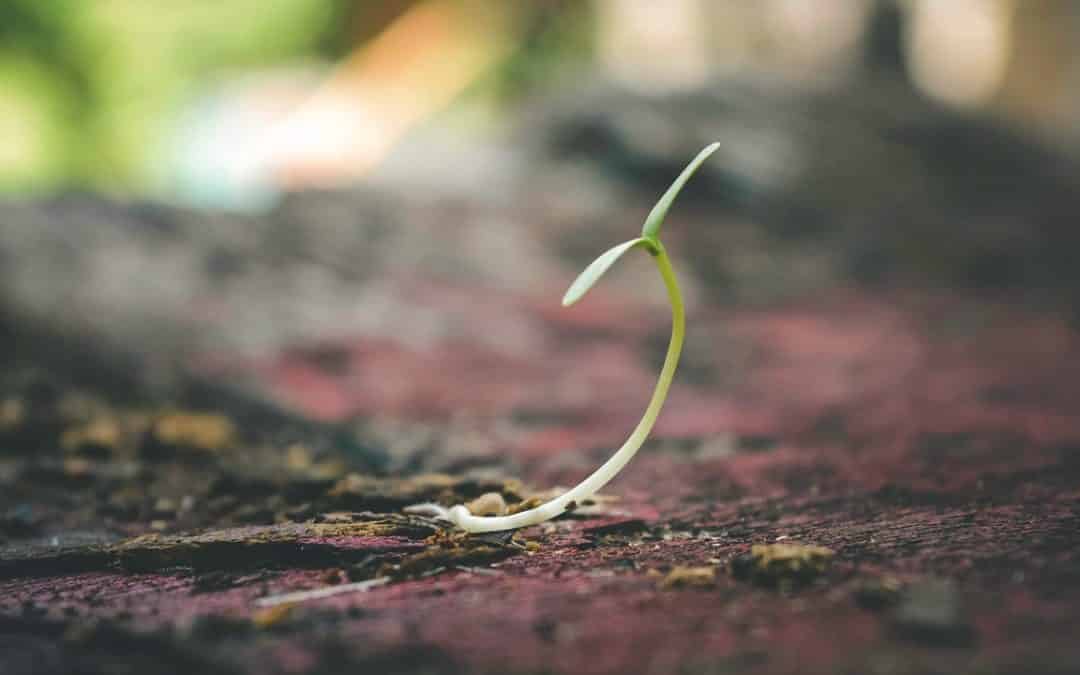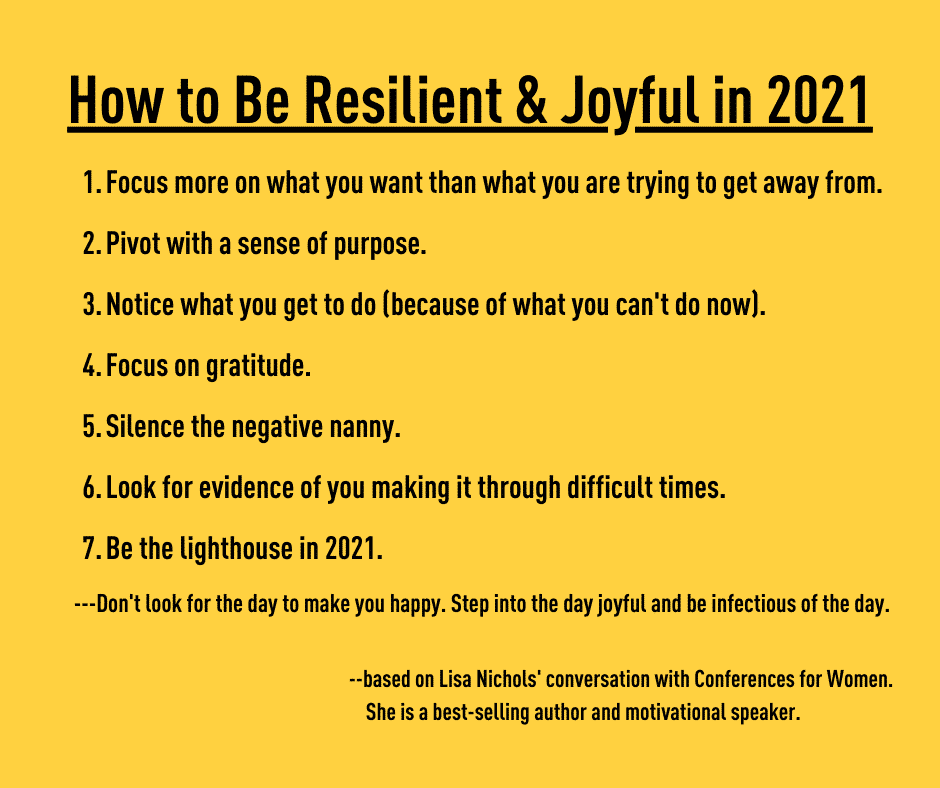By Vicki Powers
Life can certainly throw curve balls our way, as well as traumatic moments. How do you respond to difficult times?
“Bouncing back” from adversity is not a thing, according to Meg Jay, PhD, clinical psychologist and associate professor at University of Virginia.
She has listened to hundreds of adults and students during her years in practice, which helped her understand important lessons around resilience. Rather, she terms resilience as a heroic struggle, which led her to author Supernormal: The Untold Story of Adversity and Resilience. These people have above-average outcomes after adversity and use strength and courage to rise above their circumstances.
“It’s really a battle, not a bounce,” Jay said in her Facebook Live at TED’s NYC headquarters last November.
What Resilient People Do
Resilience is not something people are born with or a specific personality trait. It’s an “emotional muscle” that can be strengthened over time.
How we cope with life’s challenges depends on what’s in our resilience toolkit. For some people, the toolkit is filled with drinking, drugs, shopping, overeating and other behaviors that don’t promote resilience.
Much of the research on resilience shows having a sense of purpose and giving support to others significantly impacts our outlook and well-being. Resilient people also tend to possess optimism, emotional flexibility, have a moral compass, believe in something greater than themselves, and are connected to others.
This newsletter issue features a profile of our newest board member, Howard Henderson, PhD. During our interview, I asked him about resilience and why it’s important to our clients and recovery. Henderson says we are all creatures of habit, and we learn resilience.
“Resilience, I think, is addictive and contagious,” Henderson says. “We see people who are resilient, and we use that to help us through our challenges in life.
“For the individual who is resilient, they build and draw upon those times in life where they need to know they’ve been successful at withstanding something,” Henderson adds.

